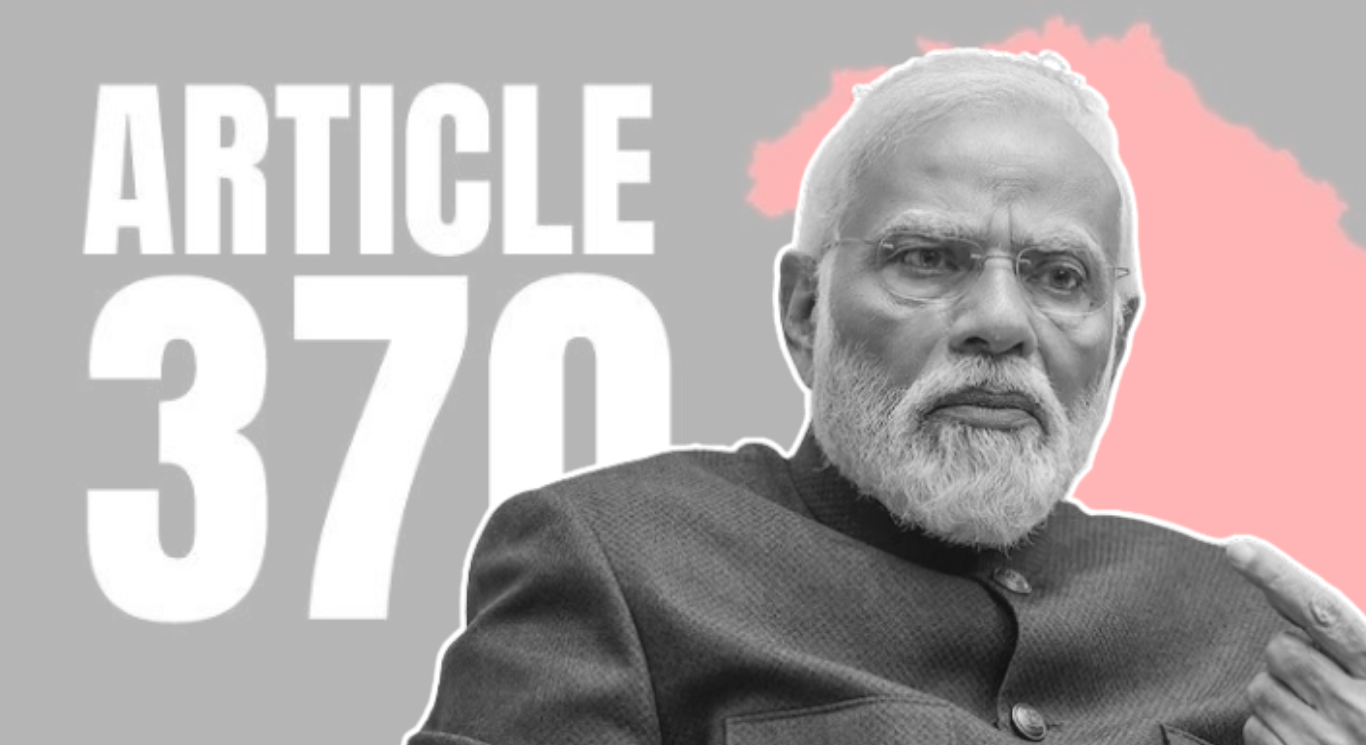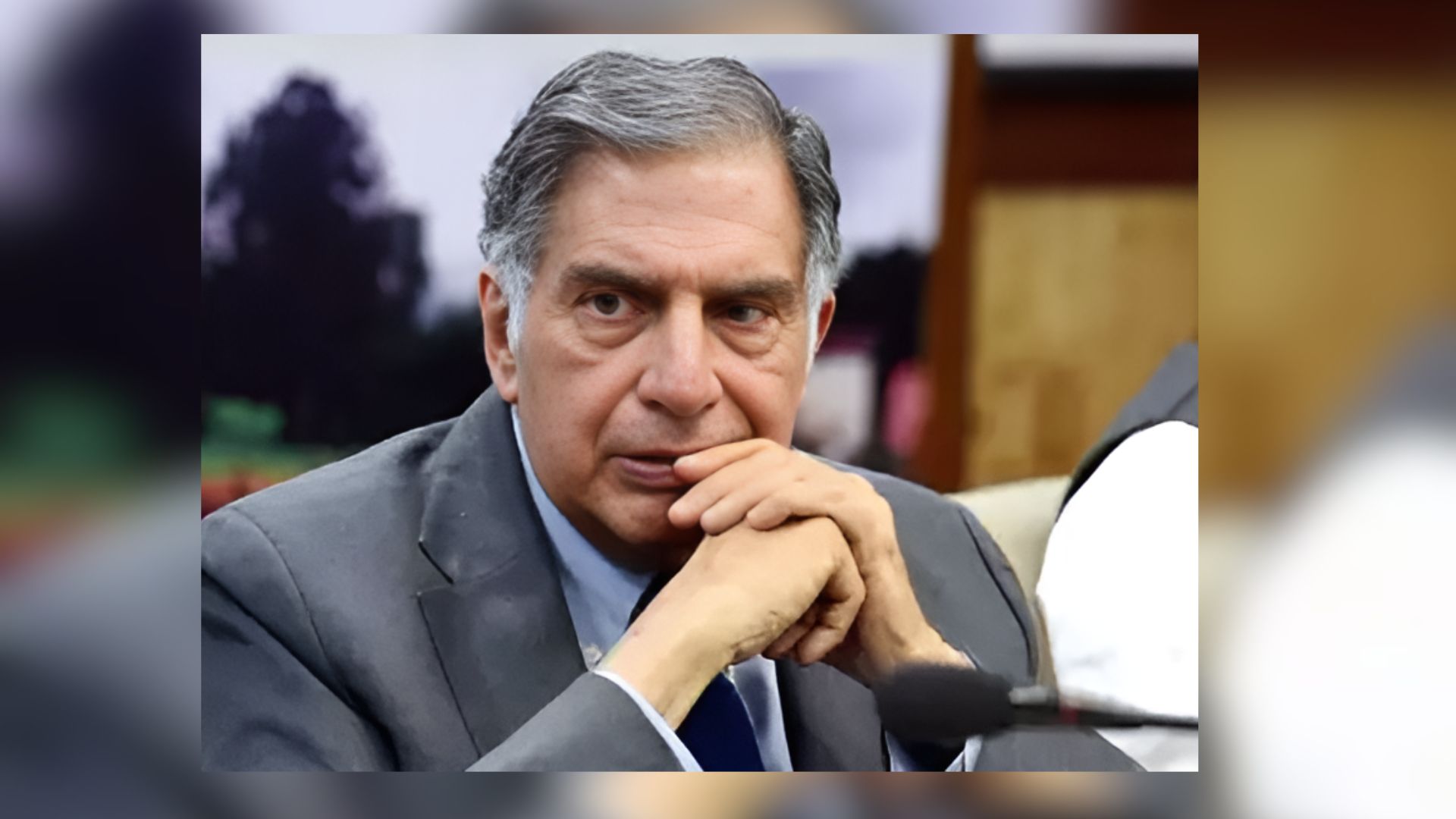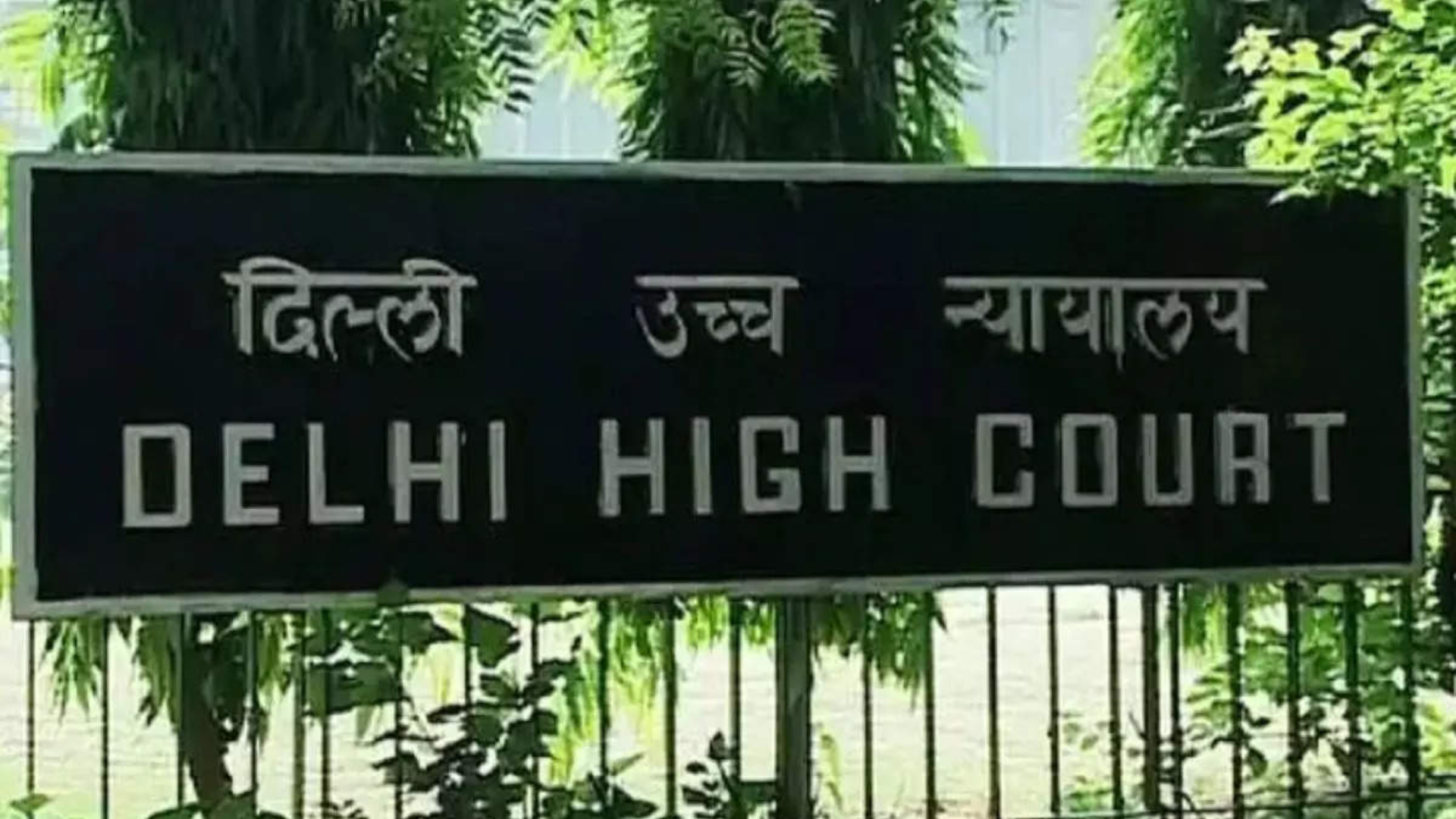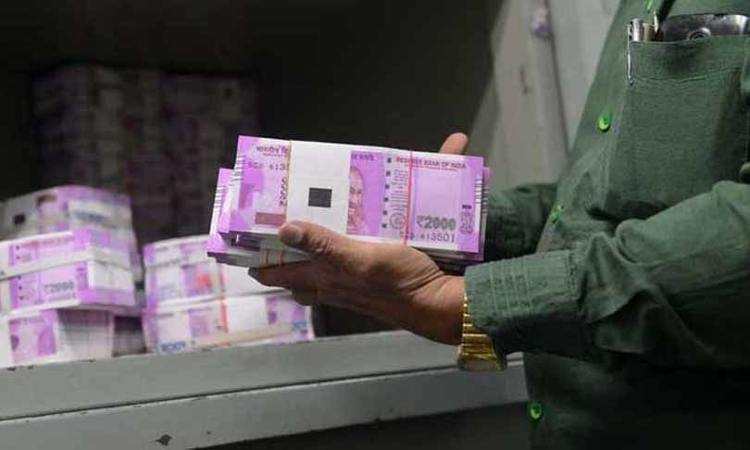










A public interest litigation (PIL) has been filed in the Delhi High Court challenging the Reserve Bank of India’s (RBI) decision to withdraw Rs. 2000 denomination banknotes. The PIL, filed by lawyer Ashwini Kumar Upadhyay, argues that the RBI’s decision is arbitrary and unconstitutional.
Upadhyay argues that the RBI’s decision to withdraw Rs. 2000 denomination banknotes is arbitrary because it was not taken in consultation with the government. He also argues that the decision is unconstitutional because it violates the right to property guaranteed by the Constitution.
The PIL has been filed in the Delhi High Court because the RBI is headquartered in Delhi. The court has issued a notice to the RBI and the government and has asked them to respond to the PIL within four weeks.
The RBI has defended its decision to withdraw Rs. 2000 denomination banknotes. The RBI has said that the decision was taken to curb black money and counterfeit currency. The RBI has also said that the decision will not have any adverse impact on the economy.
The government has also defended the RBI’s decision. The government has said that the decision was taken in the national interest. The government has also said that the decision will not have any adverse impact on the common man.
The PIL has raised important questions about the RBI’s decision to withdraw Rs. 2000 denomination banknotes. The court’s decision on the PIL will be closely watched by the public and the financial markets.
Read also: PM Modi: “Will be happy to host Quad Summit in India in 2024”
Follow us: Twitter









